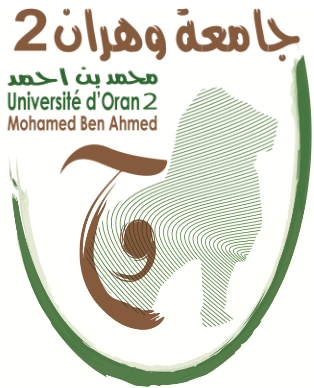L’observatoire Européen Du Plurilinguisme (oep) peut-on Promouvoir La Diversité Linguistique De L’europe À Travers Des Traducteurs Bénévoles? / the European Observatory For Plurilingualism can We Promote Linguistic Diversity In Europe Through Volunteer Translators?
Résumé: The question of plurilingualism is of very great topicality and richness. It may concern the issue of linguistic representativeness and go from language ideology to the different educational and linguistic practices, passing through the valorisation of lifelong learning in the fields of foreign language acquisition. Plurilingualism can also be a field of academic research, particularly in linguistics, language didactics and translation studies. It is also important to emphasize that the notoriety of the concept of plurilingualism is especially dependent on the actions of states. Indeed, the question of linguistic diversity - to be understood as the management of relations between languages - is fundamentally political in nature and for this very reason, it is at the heart of all state power strategies. As far as possible, with our study, we would like to contribute to the ongoing debate by drawing attention to the fact that to be better understood, the issue of plurilingualism requires the contribution of various actors. For this reason, our study proposes to address the case of the European Observatory of Plurilingualism. Our choice is based on the fact that this actor of the European scene allows to weld together the specificities of supranational institutions and those of social actors. Specifically, the promotion of plurilingualism is a crucial topic for European Observatory for Plurilingualism (EPO): a cooperation structure bringing together decision-makers, researchers and representatives of civil society committed to preserving the linguistic diversity and creativity of the European area. For the past eighteen years, the OEP has been promoting languages of the European Union by developing its activities along four lines: monitoring information, raising awareness among various audiences, pooling resources, and mediating in the decision-making processes of transnational political institutions. To do this, this actor of plurilingualism, on the one hand, uses textual typologies (the bimonthly newsletter, editorials and press releases) aimed at strategic communication and linguistic vigilance; on the other hand, it uses translation practices that are fundamentally multilingual. The latter are carried out by volunteer translators - figures halfway between professionalism and amateurism - who use a variety of translation approaches. Our article proposes to analyse the figure of the volunteer translator by examining his or her translations. The aim will be to show what communicative and editorial strategies are used; what influence the context has on the translational choices (in particular, the concept of "partial translation" will be discussed) and, finally, what status the translation has - especially in relation to civilisational and educational issues. To do this, we will use a mini corpus of texts whose enunciative, stylistic and discursive dimensions will be observed. In this direction, the study we propose to carry out will allow us to observe that for OEP translation is one of the pillars of its strategy in favour of plurilingualism and this by adopting a double approach. On the one hand, OEP volunteer translators translate press releases, editorials, and the newsletter (and/or website) into at least five languages. On the other hand, OEP sets itself the task of ensuring that translation is truly at the heart of the linguistic practices of the European institutions, and more specifically of the European Commission. In this sense, translation will be considered a necessary part of the discourse on multilingualism in the European institutions. In conclusion, we will argue that the practice of translation needs to be recast on new bases and new strategies (specific editorial and translational), in order to respond to the needs, especially of civic education, of a world that has become multipolar. In our opinion, the perspective put forward by the OEP and its volunteer translators goes precisely in the direction of a translating practice that is the reflex of the evolution of society and its new challenges. So, our approach to the OEP fundamentally multilingual writing practices will show how a paradigm shift is possible.
Mots-clès:
Publié dans la revue: Traduction et Langues
Nos services universitaires et académiques
Thèses-Algérie vous propose ses divers services d’édition: mise en page, révision, correction, traduction, analyse du plagiat, ainsi que la réalisation des supports graphiques et de présentation (Slideshows).
Obtenez dès à présent et en toute facilité votre devis gratuit et une estimation de la durée de réalisation et bénéficiez d'une qualité de travail irréprochable et d'un temps de livraison imbattable!


